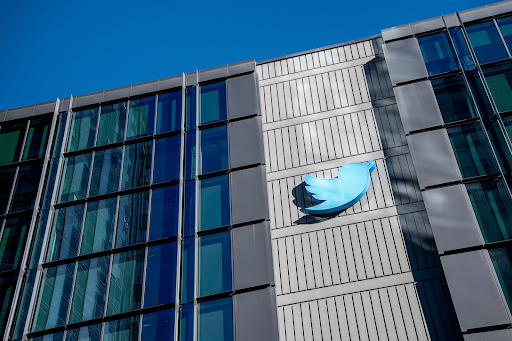The cost cutting at Twitter is seems to be going to extremes, as Elon Musk had reportedly stopped paying Twitter’s rent on the headquarters in San Francisco, as well as possibly reneging on severance packages for former employees, who now outnumber current employees.
Who actually is paying Twitter’s rent?
Axios reported that Twitter is no longer paying the rent on it’s leased properties. Bill Reynolds, a Colorado landlord who leased Twitter around 40,000 square feet in Boulder, told Axios, “If you don’t pay, you don’t stay. They aren’t paying, so they aren’t staying.”
There seems to be some confusion as to whether not paying rent is de facto policy at Twitter. A more generous explanation is that the staff who dealt landlord is now gone, and the failure to pay is just part of the Musk chaos. Twitter has not paid rent for its San Francisco headquarters or any of its global offices for weeks, three people close to the company told The New York Times.
Musk’s team has been hoping to renegotiate the terms of lease agreements now that Twitter has fewer than half the workforce it did when Musk bought the social media platform in October. Twitter has received complaints from real estate investment and management firms including Shorenstein, which owns the San Francisco buildings that Twitter occupies.
Fly commercial: Twitter has also refused to pay a $197,725 bill for private charter flights made the week of Mr. Musk’s takeover.
Meanwhile, Twitter has suspended the @ElonJet account of a college student, Jack Sweeney, who used public data to track Musk’s private jet. A few months before Musk bought Twitter, . Sweeney countered with request for $50,000 to delete the account, which had more than 500,000 followers.
Forget that severance deal?: Twitter’s leaders have discussed denying severance payments to thousands of people who have been laid off since the takeover, two people familiar with the talks told the Platformer newsletter.
So sue me: Insiders told The Times that Musk appears to be preparing up for legal battles at Twitter. He has girded the legal department at Twitter, in part by pushing out a former close adviser. Employees have been told not to pay vendors in anticipation of potential litigation, the people said.
Musk, the self proclaimed “free speech absolutist,” has threatened to sue employees for talking to the media or if they “act in a manner contrary to the company’s interest,” according to an internal email sent last Friday.
“If you clearly and deliberately violate the NDA that you signed when joining Twitter, you accept liability to the full extent of the law and Twitter will immediately seek damages,” Musk wrote. The email was first reported by the Platformer newsletter.
Musk is reconsidering whether Twitter should pay promised severance or just face lawsuits from disgruntled former employees. Musk has already refused to pay millions of dollars in exit packages to executives he claims were terminated “for cause.”
Unraveling the legal department: Musk fired both Twitter’s chief legal officer and general counsel “for cause” within hours of closing his acquisition in October. He installed his personal lawyer, Alex Spiro, as head of legal and policy matters at the company. Spiro is a respected criminal defense attorney who successfully defended Musk against a defamation lawsuit by Vernon Unsworth. Musk called Unsworth, who led the rescue of 12 children and their soccer coach trapped by floodwaters in a cave in Thailand, a “pedo”.
Spiro became a member of Musk’s inner circle but lost favor with the capricious billionaire, at least in part for retaining the Twitter deputy general counsel, James A. Baker, a former general counsel at the F.B.I. who joined Twitter in 2020.
Musk fired Baker recently when he learned Baker had been responsible for reviewing internal communications about the company’s decision to suppress a 2020 New York Post story about Hunter Biden’s laptop. Musk refers to those communications as the “Twitter Files.” He has given those to selected journalists.
Peter Page is the Contributions Editor at Grit Daily. Formerly at Entrepreneur.com, he began his journalism career as a newspaper reporter long before print journalism had even heard of the internet, much less realized it would demolish the industry. The years he worked a police reporter are a big influence on his world view to this day. Page has some degree of expertise in environmental policy, the energy economy, ecosystem dynamics, the anthropology of urban gangs, the workings of civil and criminal courts, politics, the machinations of government, and the art of crystallizing thought in writing.
Credit: Source link


Comments are closed.